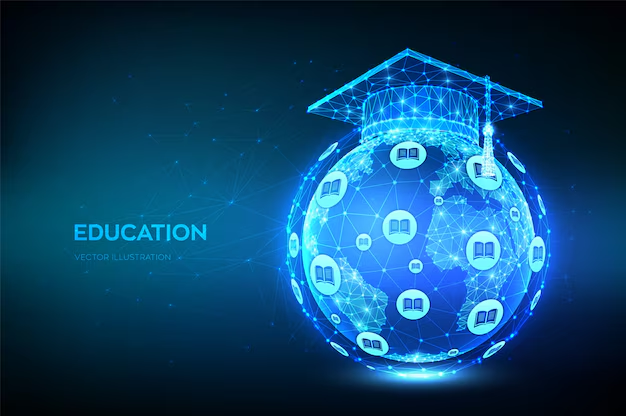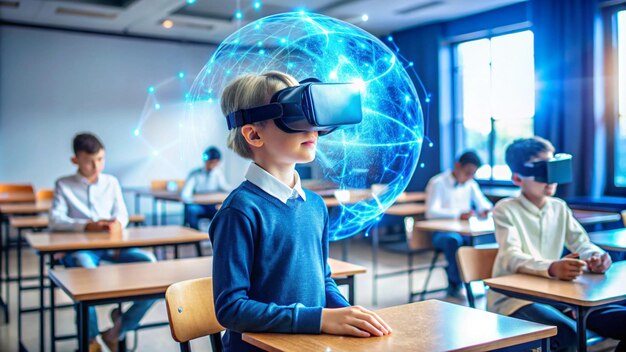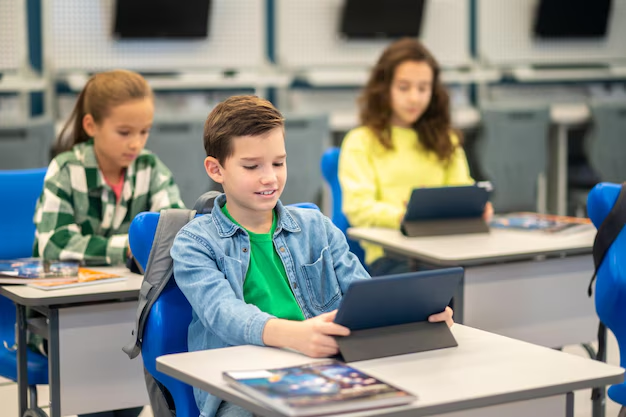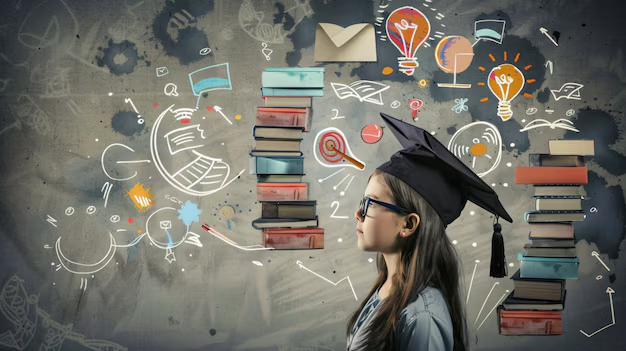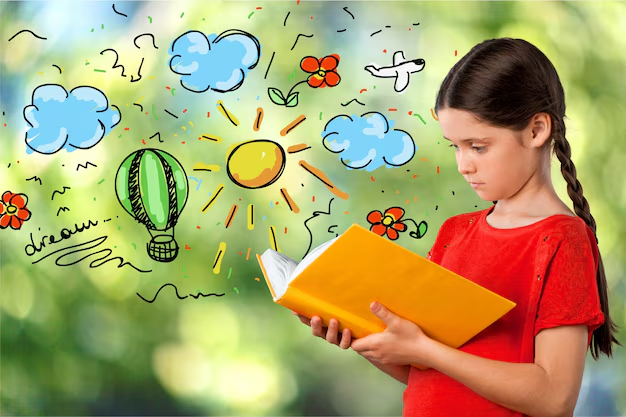As we move further into the 21st century, education must adapt to meet the demands of an ever-changing world. The traditional models of learning are no longer sufficient to prepare students for the challenges of the modern workforce or global society. “Redefining learning” means rethinking how we educate, emphasizing creativity, critical thinking, and digital literacy. In this article, we explore how education in the 21st century is evolving, the trends shaping this transformation, and how these changes benefit students, educators, and society.
The Changing Landscape of Education
The world is changing at an unprecedented pace, driven by technological advancements, globalization, and a rapidly evolving job market. These changes demand a shift in how we approach education. The traditional education model, which largely focuses on memorization and standardized testing, is being challenged by new pedagogies that prioritize collaboration, critical thinking, and adaptability.
- Technology Integration: In the 21st century, technology is at the core of education. From digital classrooms to virtual learning environments, technology allows for personalized learning experiences that cater to the unique needs of students. Tools like AI, interactive platforms, and learning management systems are transforming how students engage with educational content.
- Focus on Critical Thinking and Problem-Solving: In an era where information is readily available, the ability to think critically and solve complex problems is more valuable than ever. Educational models are moving away from rote memorization to fostering analytical skills and real-world problem-solving abilities that prepare students for future challenges.
Key Trends Shaping 21st Century Education
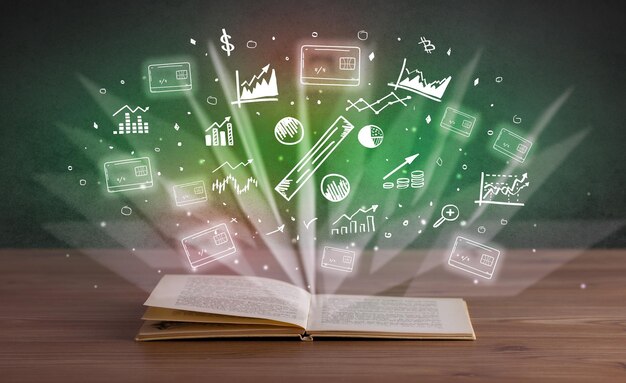
Several key trends are defining the future of education, influencing how students learn and how educators teach.
- Personalized Learning: In the past, one-size-fits-all education was the norm. Today, personalized learning ensures that each student learns at their own pace and according to their interests and strengths. Adaptive learning technologies and differentiated instruction are being used to meet the unique needs of every student.
- Collaborative Learning: Education is increasingly becoming a team effort. In the 21st century, students are encouraged to work together to solve problems, share ideas, and learn from one another. Collaborative learning not only helps students acquire knowledge but also nurtures key soft skills like communication, empathy, and teamwork.
- Global Citizenship: With the rise of globalization, students must learn to navigate a diverse, interconnected world. The modern curriculum incorporates lessons on cultural awareness, social responsibility, and environmental sustainability, preparing students to become global citizens who can address complex, global issues.
- Lifelong Learning: Learning no longer stops after graduation. As industries evolve, continuous learning is necessary to stay competitive. Lifelong learning encourages individuals to keep acquiring new skills throughout their lives, ensuring they remain adaptable and relevant in an ever-changing world.
Skills for the Future: What Students Need to Thrive
To succeed in the 21st century, students must develop a range of skills that go beyond academic knowledge.
- Digital Literacy: In a technology-driven world, digital literacy is essential. Students must learn how to navigate digital platforms, understand online security, and critically evaluate online information. Digital literacy empowers students to be informed, responsible, and proactive in the digital age.
- Creativity and Innovation: The future of work will require individuals who can think creatively, innovate, and bring new solutions to the table. Education systems must nurture these skills, encouraging students to think outside the box, experiment with new ideas, and embrace failure as part of the learning process.
- Emotional Intelligence (EQ): The ability to understand and manage emotions is crucial for success in both personal and professional life. Schools are increasingly focusing on developing students’ emotional intelligence, helping them build resilience, manage stress, and develop strong interpersonal relationships.
The Role of Educators in the 21st Century
Teachers are not just information providers anymore; they are facilitators of learning, guiding students through the learning process, helping them develop critical skills, and preparing them for the future.
- Adopting New Teaching Methods: Educators in the 21st century must embrace new teaching methods, including project-based learning, flipped classrooms, and inquiry-based learning. These approaches allow students to take ownership of their learning and engage with the material in a more meaningful way.
- Embracing Technology: Modern educators must be tech-savvy and open to incorporating digital tools into the classroom. Using digital platforms, educators can collaborate with students in real time, access a wealth of resources, and create interactive learning environments that enhance student engagement.
- Fostering Growth Mindset: Teachers are also responsible for encouraging a growth mindset in students, which emphasizes that intelligence and abilities can be developed through hard work, dedication, and resilience. This mindset fosters a love of learning and helps students overcome challenges.
Also Read : Empowering Minds: The Transformative Power Of Education
Conclusion
Education for the 21st century is about more than just teaching facts; it is about equipping students with the skills, knowledge, and mindset they need to thrive in a rapidly changing world. By redefining learning to focus on critical thinking, collaboration, technology, and lifelong learning, we can ensure that students are ready for the challenges and opportunities of the future. As we continue to innovate and adapt, we are laying the foundation for a brighter, more inclusive, and sustainable global society.
SEO Optimized Elements:
- Target Keywords: Redefining learning, education for the 21st century, future of education, technology in education, personalized learning, critical thinking skills, 21st century skills, digital literacy, global citizenship, lifelong learning, collaborative learning, future of work.
- Meta Description: Discover how education is evolving in the 21st century. Explore key trends like technology integration, personalized learning, and essential skills for the future of education.
- Alt Text for Images: Redefining learning for the 21st century, digital literacy in education, future-focused teaching methods, collaborative learning in modern classrooms.
- Internal/External Links: Include links to educational resources on 21st-century teaching practices, articles about technology in classrooms, or reports on global education trends.

